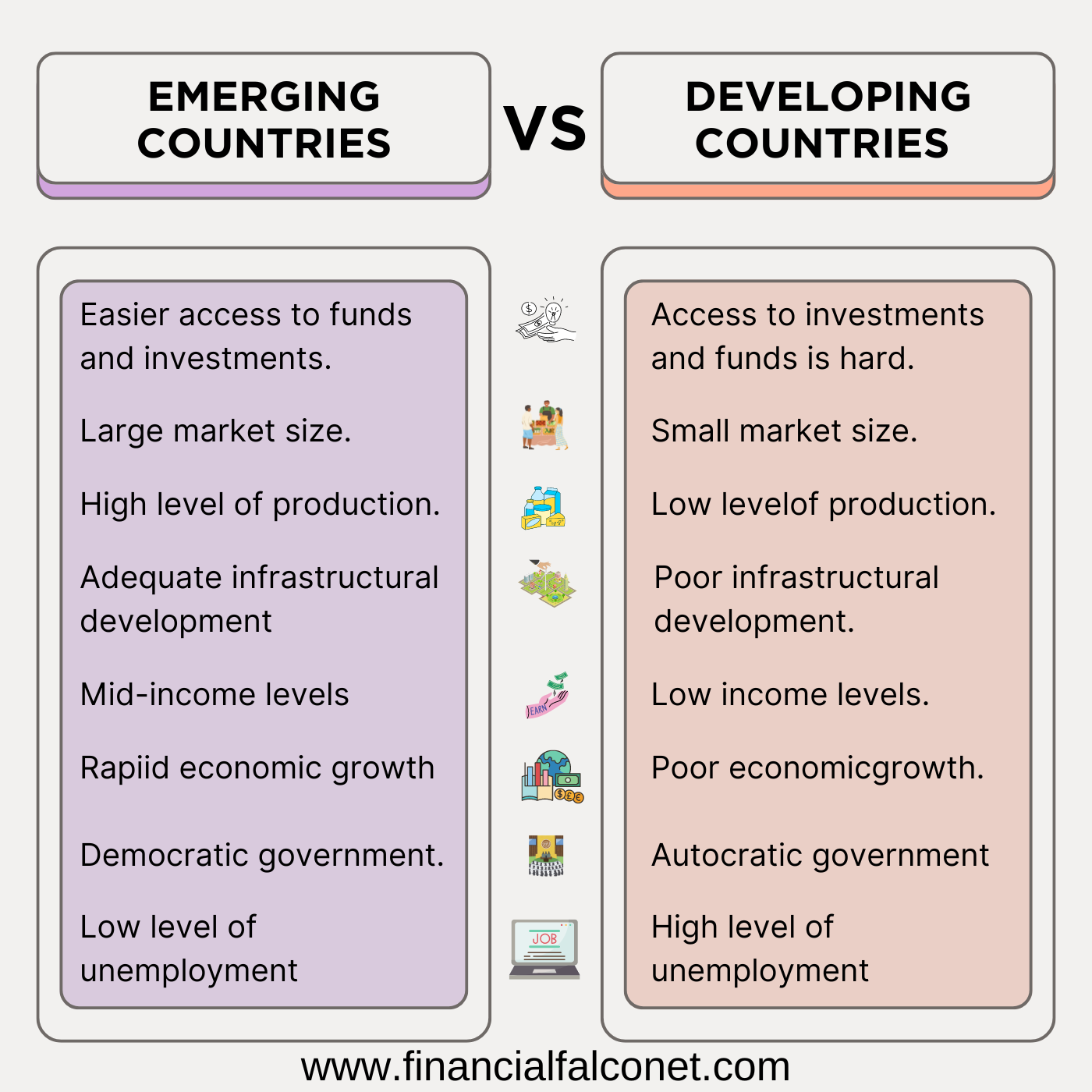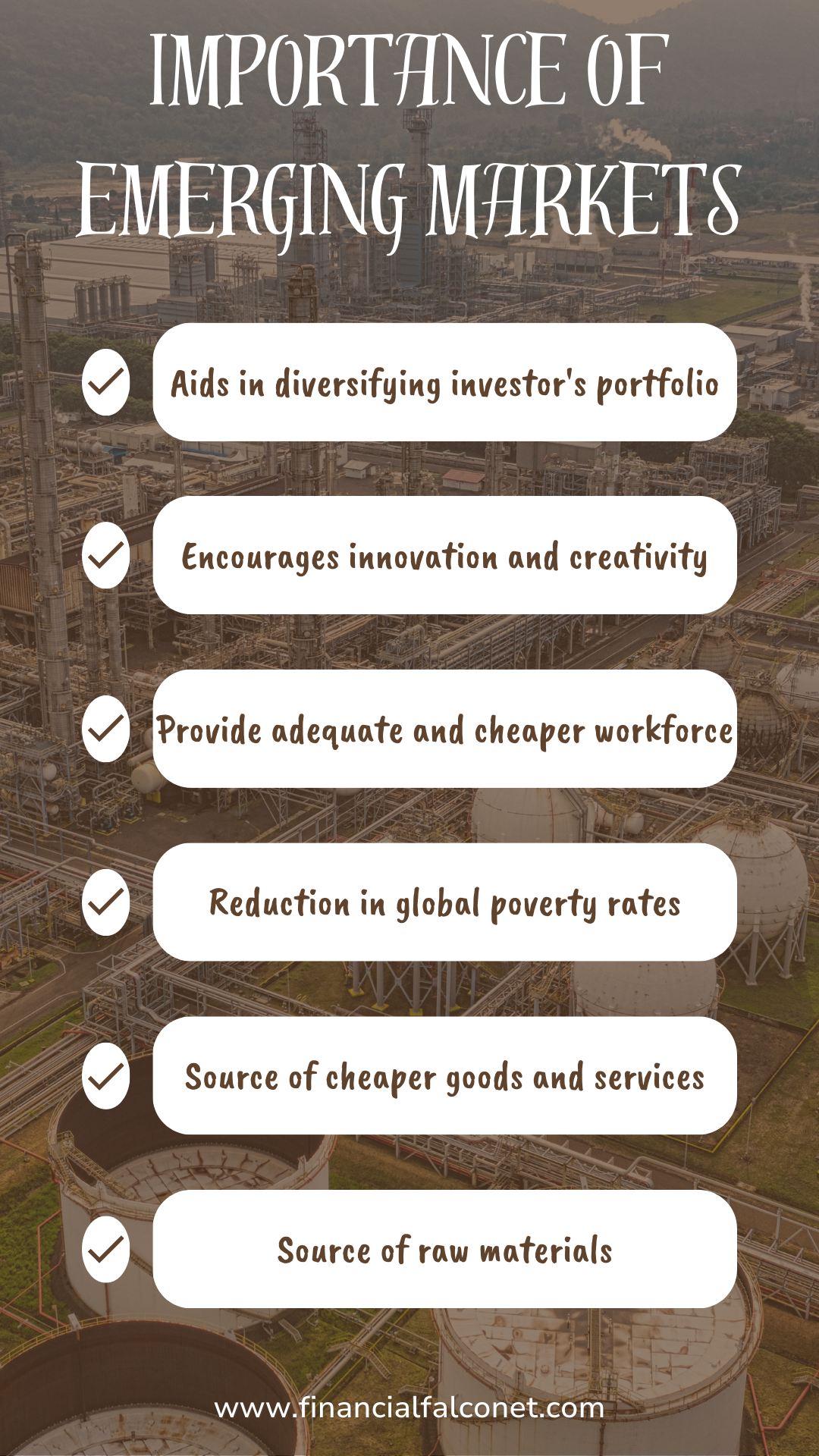What is prohibited in a command economy?
What is prohibited in a command economy? Private ownership of property is prohibited in a command economy because the government aims to control the economy to achieve rapid industrialization and ensure even distribution and allocation of resources. This may sound promising but it fails in reality. Below, we list and explain the things that are prohibited in a command economy and their impact on the lives of the citizens and the economy.
See also: Advantages of a Command Economy
What is prohibited in a command economy?
See also: Command Economy Examples

See also: What is a Free Market Economy? Examples and Definition
Things that are Prohibited in a Command Economy
- Private ownership of property and businesses: In a pure command economy, private individuals and companies are not allowed to own and operate businesses, and the government also controls the distribution of goods and services. Though most countries now have mixed economies with some elements of two or more forms of economic systems. For example, what was prohibited in some command economies is gradually being permitted in recent times.
- Market-based pricing: In a command economy, prices are set by the government and are not determined by supply and demand; companies are prohibited from selling above the set price. Though it can help to make goods and services affordable, it is also known to cause shortages and imbalances in the economy.
- Profit motive: Profit is not a driving force in a command economy because the government controls the economy, not private individuals or companies.
- Private ownership of land and capital is also prohibited in a command economy.
- Entrepreneurship: In a command economy, the government controls the economy and individual initiative and entrepreneurship are discouraged, limited, or prohibited. This is one of the main goals of command economies, to use the government power to direct the economy to help in rapid industrialization and even allocation of resources. This means, if the government wants to develop the healthcare sector, then most resources and human labor are channeled toward the actualization of the set goal.
- Competition within the private sector is prohibited. Constant regulations on what to produce, how much to sell, and how much to produce do not allow competition which in turn stifles innovation. There is simply no motivation for competition in a command economy.
- Free trade: In a command economy, international trade is heavily regulated or prohibited by the government, as the government wants to control the flow of goods and services in the country.
- Free press and information: Because a command economy tends to exist in a dictatorship or authoritarian government, there is strict control of the flow of information. The media and press are forced to report only what aligns with the government’s agenda and policies. A good example of the prohibition of media and information in a command economy is in North Korea. There is so much control over the media that so little is known about what goes on in the country.
It’s worth noting that the actual specifics of what is prohibited in a command economy depend on the specific goals or implementations of a command economy and the policies of the government in question. One thing may be prohibited in one command economy but may be allowed in another if it does not affect the goals of the government.
You may also like: What are the ways a command economy affects the lives of private citizens?


